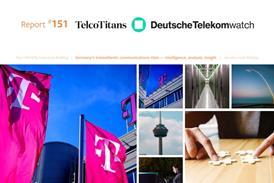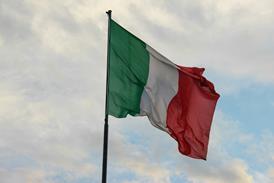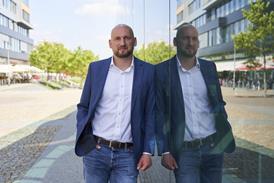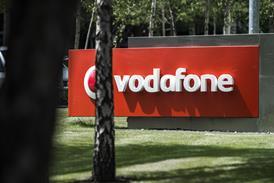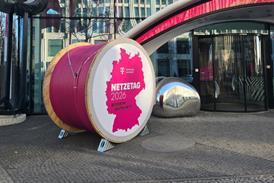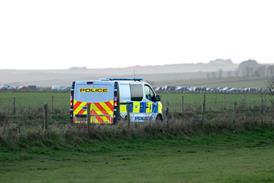- Telcos
- Network & IT
- Infra
- People
- Finance & Strategy
- Events
- Regions
- Thought Leadership
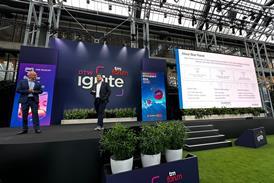 Moving fast to fix things: how AI-driven network assurance is reshaping global telecoms
Moving fast to fix things: how AI-driven network assurance is reshaping global telecoms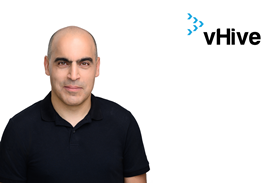 Closing the reality gap: vHive now validating mobile towers in real-time, on-site
Closing the reality gap: vHive now validating mobile towers in real-time, on-site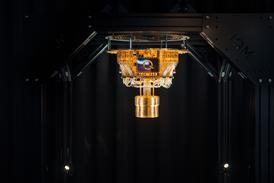 IQM sees more telco quantum opportunities in wake of Telefónica-CESGA deal in Spain
IQM sees more telco quantum opportunities in wake of Telefónica-CESGA deal in Spain Celfocus data chief: telcos must balance optimism with pragmatism to power up AI
Celfocus data chief: telcos must balance optimism with pragmatism to power up AI
- Premium
- TelcoX EMEA Leadership & Performance Study
Close menu
- Home
- Telcos
- Network & IT
- Infra
- People
- Finance & Strategy
- Events
- Regions
- Thought Leadership
- Premium
- TelcoX EMEA Leadership & Performance Study
German operators jump on campus 5G bandwagon
 Anne Morris2020-11-25T16:38:00
Anne Morris2020-11-25T16:38:00

Source: Waldemar Brandt / Unsplash
Once-dissenting operators now planning to use licence-based campus networks for service and technology development. Steady growth in 5G local frequency allocations maintained, reaching 88 organisations in the first year. Verizon also enters scene.
Register for free to continue reading this article
Already registered? Sign in here.
Join the TelcoTitans community and continue reading this article
By registering for a free account, you will get immediate access to the rest of this article, plus:
- Enhanced access to TelcoTitans with three free article views per month
- TelcoTitans Daily and Weekly newsletter briefings
“The detail is very good. Better than we get internally.” – GM, Vodafone OpCo
Want full access to TelcoTitans content? Check out our subscription options.






